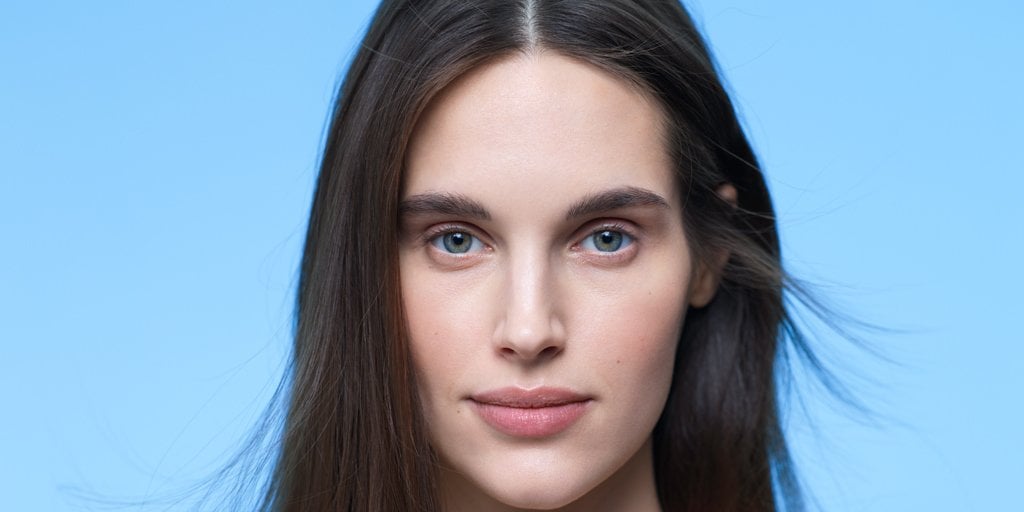MOST CASES OF
MELANOMA ARE PREVENTABLE
The most serious form of skin cancer, melanoma, is one of the most common types of cancer among young people, with women under 30 being particularly affected. The good news is that most skin cancer cases are completely preventable thanks to adequate sun protection in the form of protective clothing, smart sun-behaviours and the right sunscreen.
The following sections offer an overview of key concepts in sun protection: How does sun protection work and why is it so important, and how can you be sure you and your family’s skin is safe?
You will also learn top tips on skin cancer prevention and guidance on using the ABCDE method to screen your and your loved ones’ moles.
Plus you’ll find some specific articles on cases of particular sensitivity to the sun, such as sun allergies or damaged skin, as well as pigmentation problems such as melasma (pregnancy mask).
Finally, we also address concerns regarding sun protection and product safety – how safe is your sunscreen for both you and the environment?






